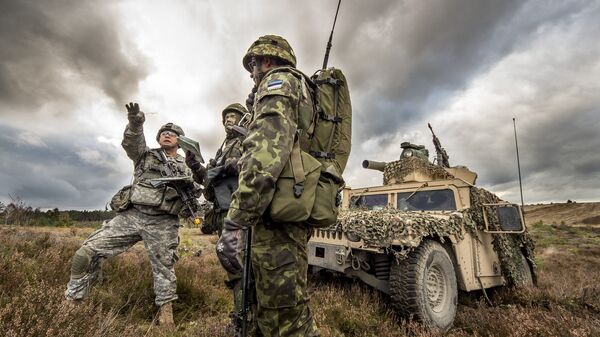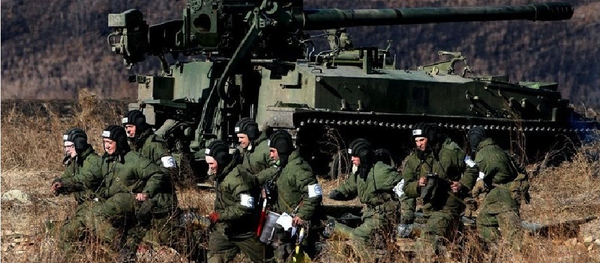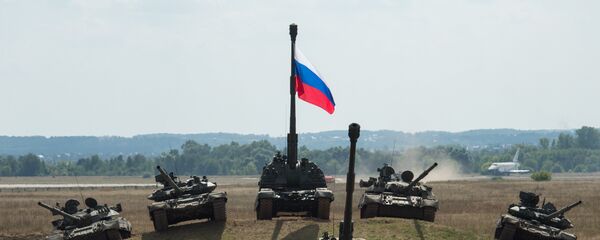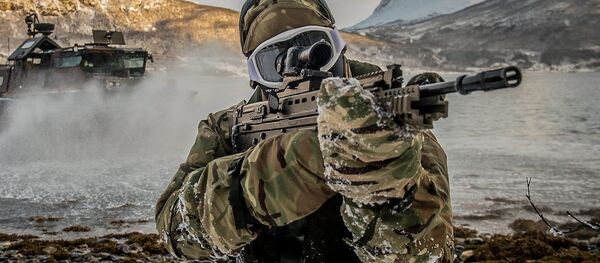Reports suggest that the US is likely to provide two battalions, while Germany and Britain are likely to provide a battalion each.
Commenting on the reason behind the decision, Karl-Heinz Kamp, the Academic Director of the German Federal Academy for Security Policy (BAKS) has compared it to children arguing in a playground with each claiming the other one “started it.”
In his phone interview with German radio station Deutschlandfunk, Kamp explained that Russia “started it” when it “indeed said that it, for example, could take the Baltic states in three weeks.”
Karl-Heinz Kamp said that the proposed move is a “deterrent measure,” but is quite insignificant as the Alliance has “neither the money, nor the means, nor the people” for “more intense measures.”
The decision has already caused a lot of criticism in his home country.
A recent poll conducted by the Bertelsmann Foundation, the largest private operating non-profit foundation in Germany, found that more than half of German citizens — 57% — believe their country should not send troops to protect the Baltic countries and Poland against an “attack from Russia.”
About half of Germans (49%) oppose setting up NATO bases in eastern members of the alliance to “deter Russia,” while 40% said they would support such a move.
Incidentally, in history it’s this way: it’s not Russia invading Germany, but Germany invading Russia, Gysi said in a statement on his Facebook page.
“To send troops to the Russian border now is to forget history and to escalate,” he added.





